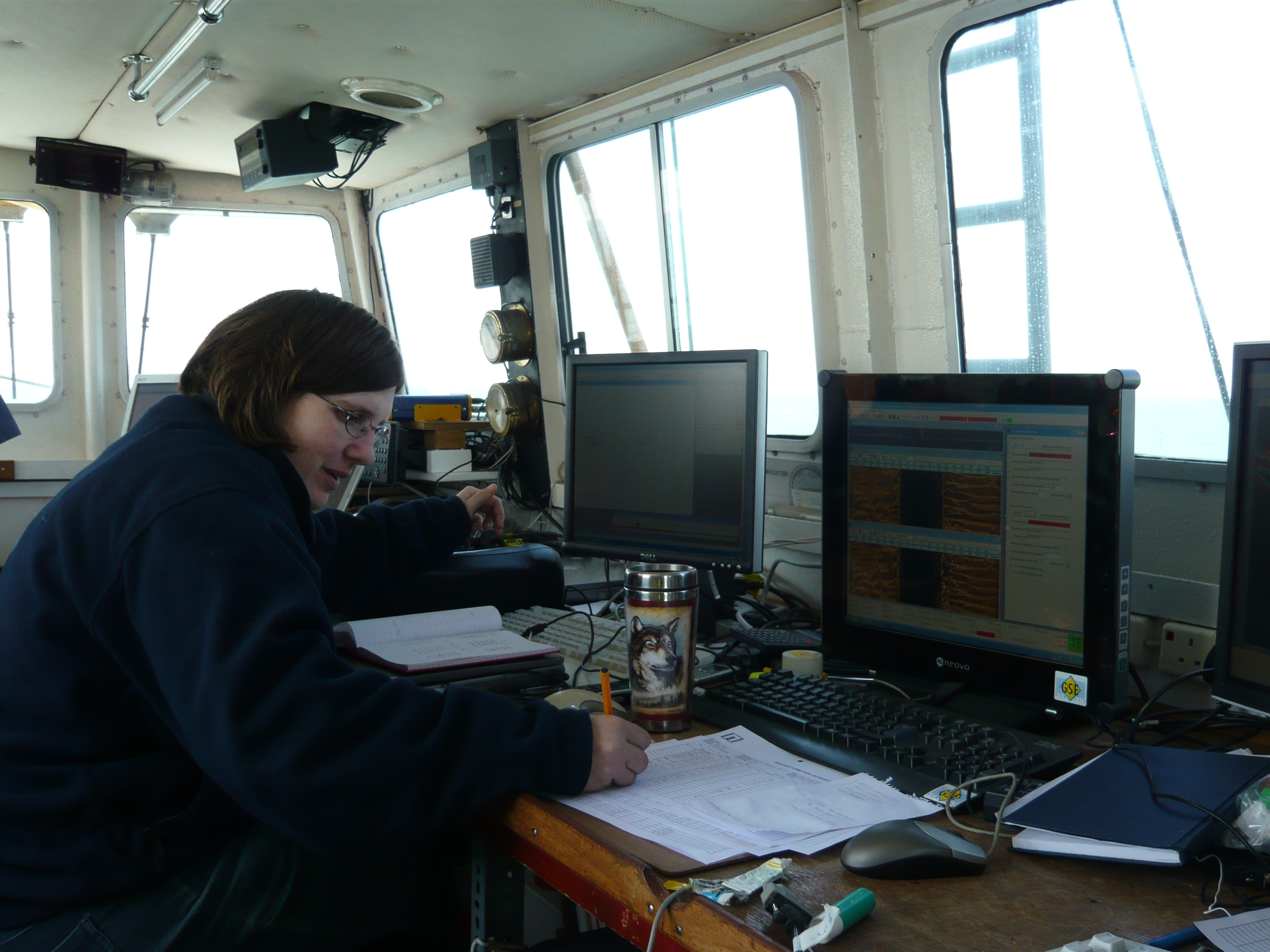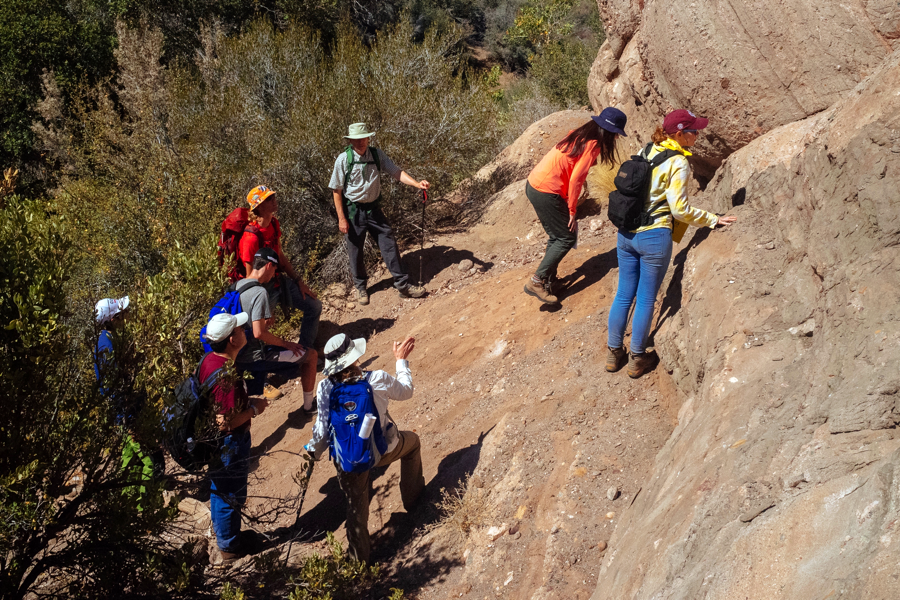All Categories
Featured
Table of Contents
Airborne Geophysical Measurements in Shenton Park Aus 2020
This work is increasingly contracted out, so consultancies offer another source of employment. Consultancy companies vary in size, from really small companies to big multinationals. Some consultancies are quite specialised in using particular geophysical methods or working in particular places, while others provide a more diverse range of services to their customers.
The extraction of gas from garbage dump sites is another location of employment and this might grow in the future. Exploration business might undertake work for construction firms, water business, mining companies and environmental agencies, so geophysicists might be employed in any of these settings. Other employers include: geological surveysgovernment bodies and agenciesuniversities and research study institutes.


Vacancies may be noted in the oil and gas sector press. Recruitment is impacted by oil price changes and the level of competitors for positions differs depending upon this. Professions Days, which cover the complete variety of geoscience professions and are normally gone to by a number of essential industry employers, are run by The Geological Society.
Geophysicist Jobs in Menora Western Australia 2023
A few of the large oil and gas companies use a full two-year structured training programme throughout the breadth of geophysics, consisting of the chance to experience work in numerous groups before specialising in one location. Your training might consist of work on: existing wellsmagnetic and gravitational potential field information analysisresearchrock analysis. However, it's more typical for your preliminary training to be provided on the task.

There may be a probationary period throughout which you work along with a knowledgeable colleague. Competency-based appraisals occur regularly in the majority of firms. In smaller companies, and for scholastic posts, there is not likely to be any official training - you'll be expected to start work straightaway and pick up abilities as you go along.
If you work for a smaller sized company, you might find that you require to take obligation for arranging and funding your own development and training. If you have a geology degree, membership of The Geological Society can be beneficial for networking and for keeping up to date with the industry.
Geophysical Methods Commonly Employed For Geotechnical ... in Kensington Western Australia 2023
You might likewise discover it beneficial to sign up with the PESGB (The Petroleum Exploration Society of Great Britain, which has a geophysics unique interest group. After a probationary duration, and as soon as you've gained some experience, you could advance to senior geophysicist, then team leader and then into a senior role in management.
The ease of movement between roles depends on the business structure. Research study at Masters or Ph, D level in a subject associated to geophysics or geosciences may assist with your career development and progression. The employment market within the oil and gas industry is really based on cost and this may affect your opportunities for career progression.
For skilled geophysicists, freelance consultancy offers a good route for profession advancement. As a geophysicist, you're most likely to have numerous tasks throughout your working life.
What Does A Geophysicist Do? in Darch Aus 2021
From geophysics, it's possible to focus on seismology (completing further training to become a seismic interpreter) or to move into related locations such as engineering geology or risk forecast.
Deciding what to study in college is a difficult choice. Even if you understand that your field of interest lies in science, what program of research study is best for you?
The first action to attaining your objective of ending up being a geophysicist is making a degree. Even for entry-level positions in the field of geoscience, you'll require a bachelor's degree (a geophysicist college degree) from a recognized college or university. Geophysicists should be able to: evaluate rocks, photographs, and other pieces of data carry out research both in the field and in labs produce maps and charts of their findings write reports To accomplish all this, students need a specialized education for geophysicist careers.
As mentioned above, you'll need a bachelor's degree in geoscience or a related discipline, such as a physical science or a natural science, to land an entry-level job. However students can also prepare by majoring in subjects like: Biology Chemistry Computer system science Engineering Mathematics Physics The above geophysicist majors offer a more generalized technique to a single clinical discipline, however most programs need trainees to take several geology course.
Table of Contents
Latest Posts
Geophysical And Geotechnical Assessment in Mount Hawthorn Western Australia 2020
Geophysicist Bob Embley: Ocean Exploration Careers in Alexander Heights Oz 2022
Geophysical Surveys: Definition & Methods in Woodlands Western Australia 2021
More
Latest Posts
Geophysical And Geotechnical Assessment in Mount Hawthorn Western Australia 2020
Geophysicist Bob Embley: Ocean Exploration Careers in Alexander Heights Oz 2022
Geophysical Surveys: Definition & Methods in Woodlands Western Australia 2021